The Prince of Wales has received an esteemed new title from the King of England. King Charles III’s title bestowment comes at the same time his secondborn son, Prince Harry, is visiting the U.K. for the Invictus Games 10th anniversary.
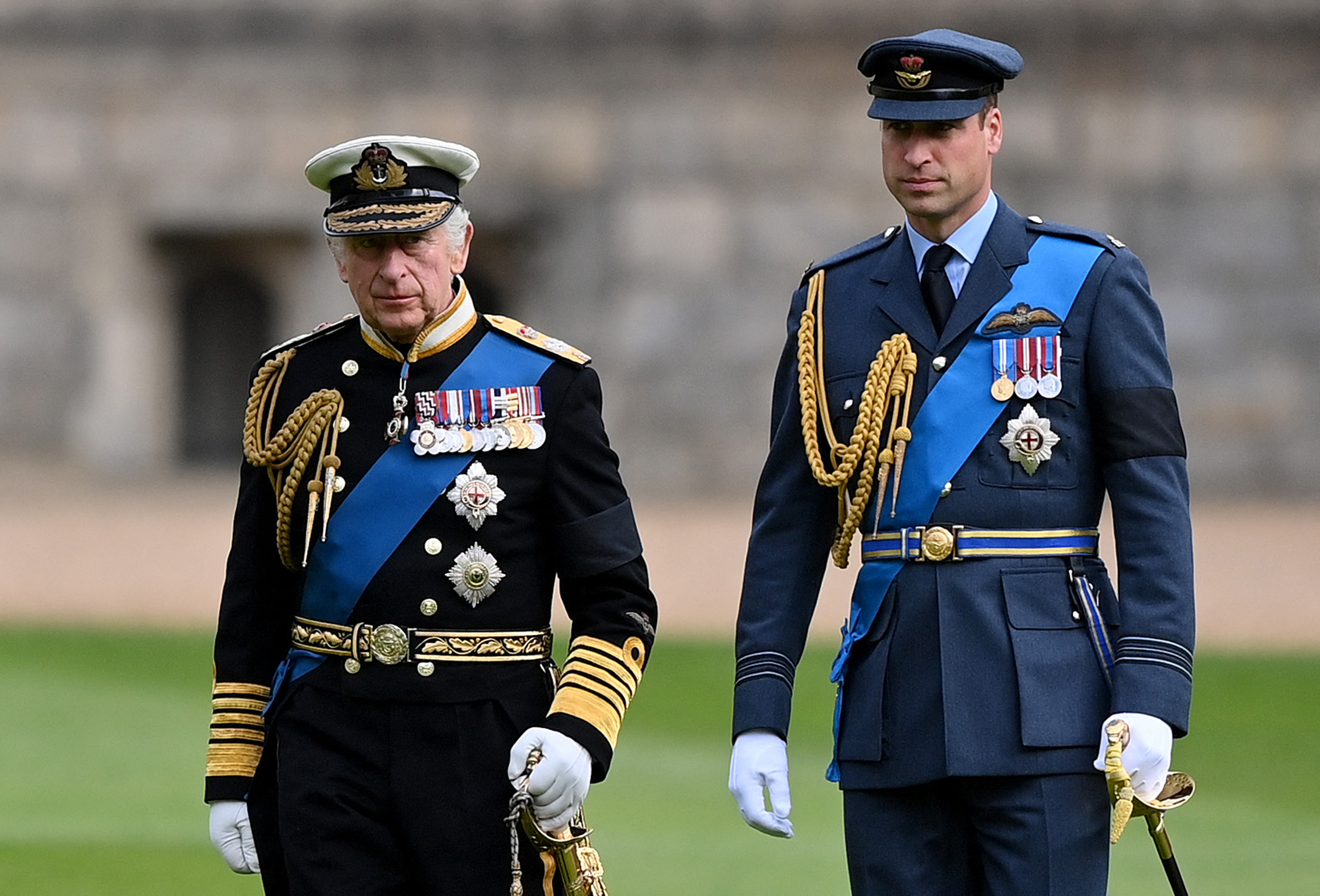
This week has proved to be an eventful time for the British royal family. Yesterday, a media outlet reported that King Charles III is set to confer the role of Colonel-in-Chief of the Army Air Corps to his eldest son, Prince William. The announcement was made via Buckingham Palace.
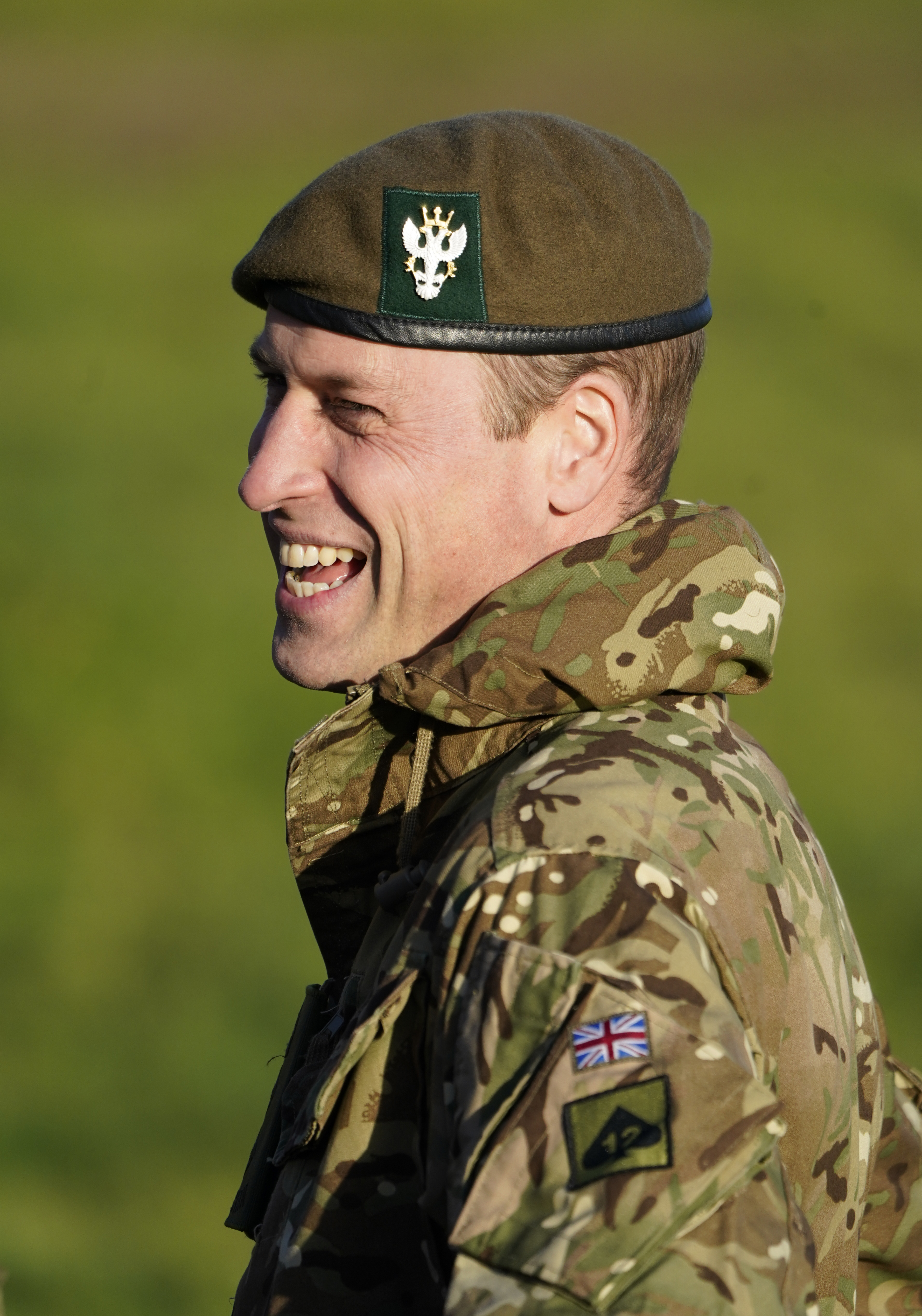
According to reports, the official date for the role transfer is set for May 13 and will take place at the Army Aviation Centre in Middle Wallop.
“In August 2023, following His Majesty’s Accession, the King was pleased to announce military appointments including that the Prince of Wales would become Colonel-in-Chief of the Army Air Corps. The role was previously held by His Majesty the King, as Prince of Wales, for 31 years,” discloses the Palace’s message.
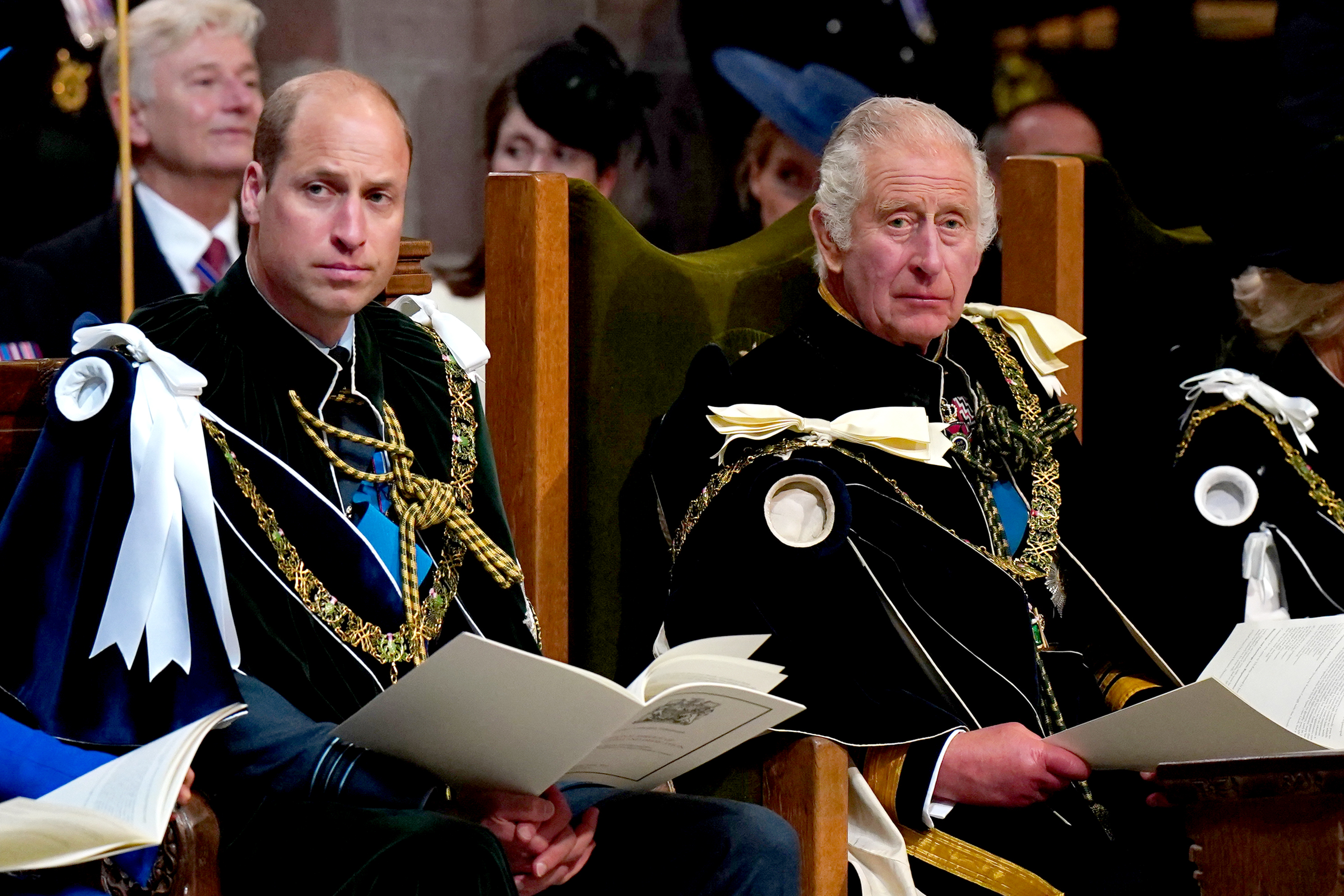
Interestingly, though Prince William is stepping into the role for the first time, the role itself is not new as it used to belong to his younger brother, Prince Harry. The Duke of Sussex’s affiliation with the Armed Forces runs deep.
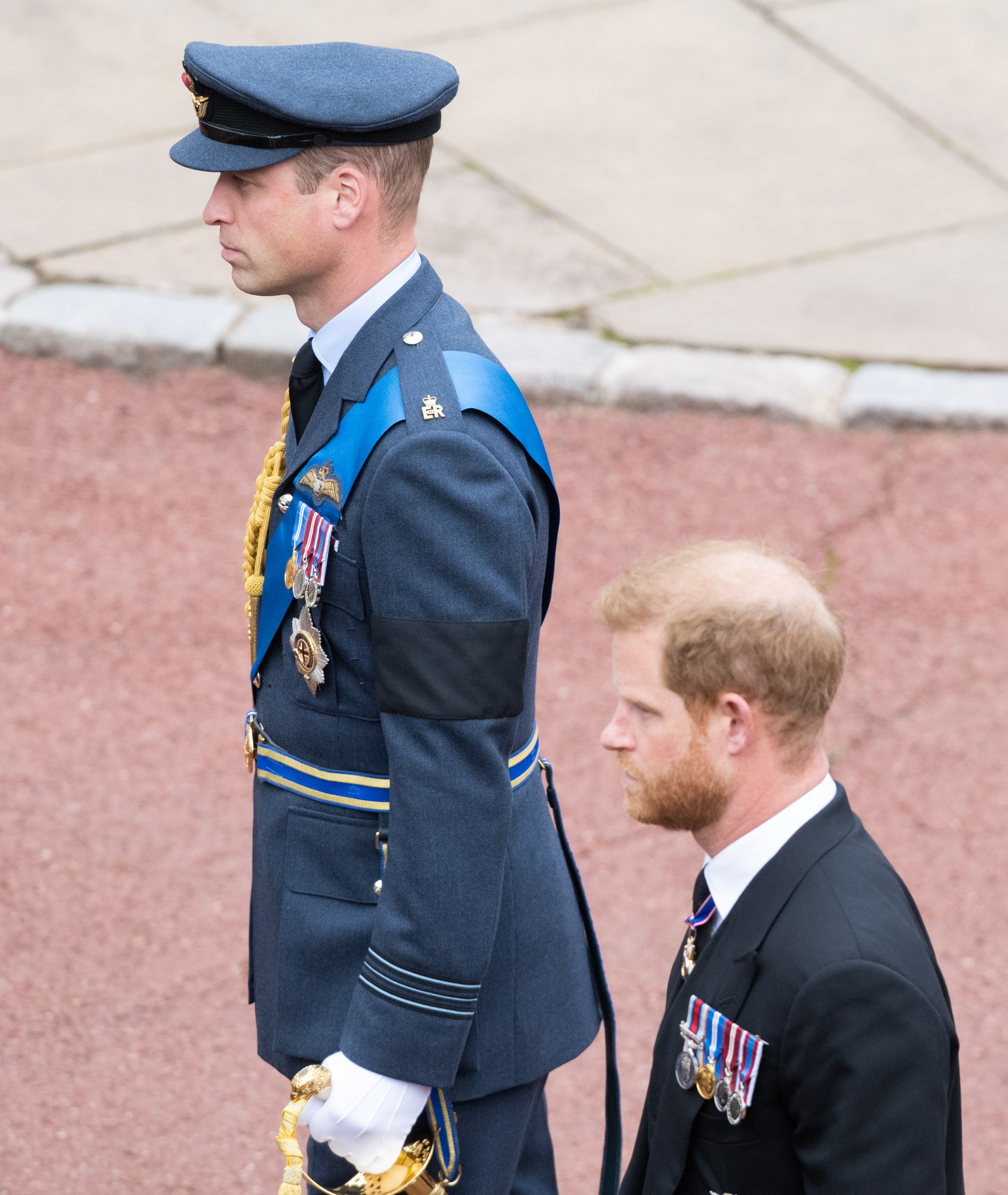
Aside from previously holding the title, Prince Harry worked in the Armed Forces for ten years, serving two Afghanistan duty tours with the British Army before ending his operational duties in 2015. In addition to Prince Harry, other members of the royal family “have official relationships with many units of the Forces.”
The official website for the King and Queen of England states that the royal family pays soldiers, airmen, and sailors, who serve both at home and abroad, “regular visits.” They have long recognized and supported “the work of the Armed Services.”
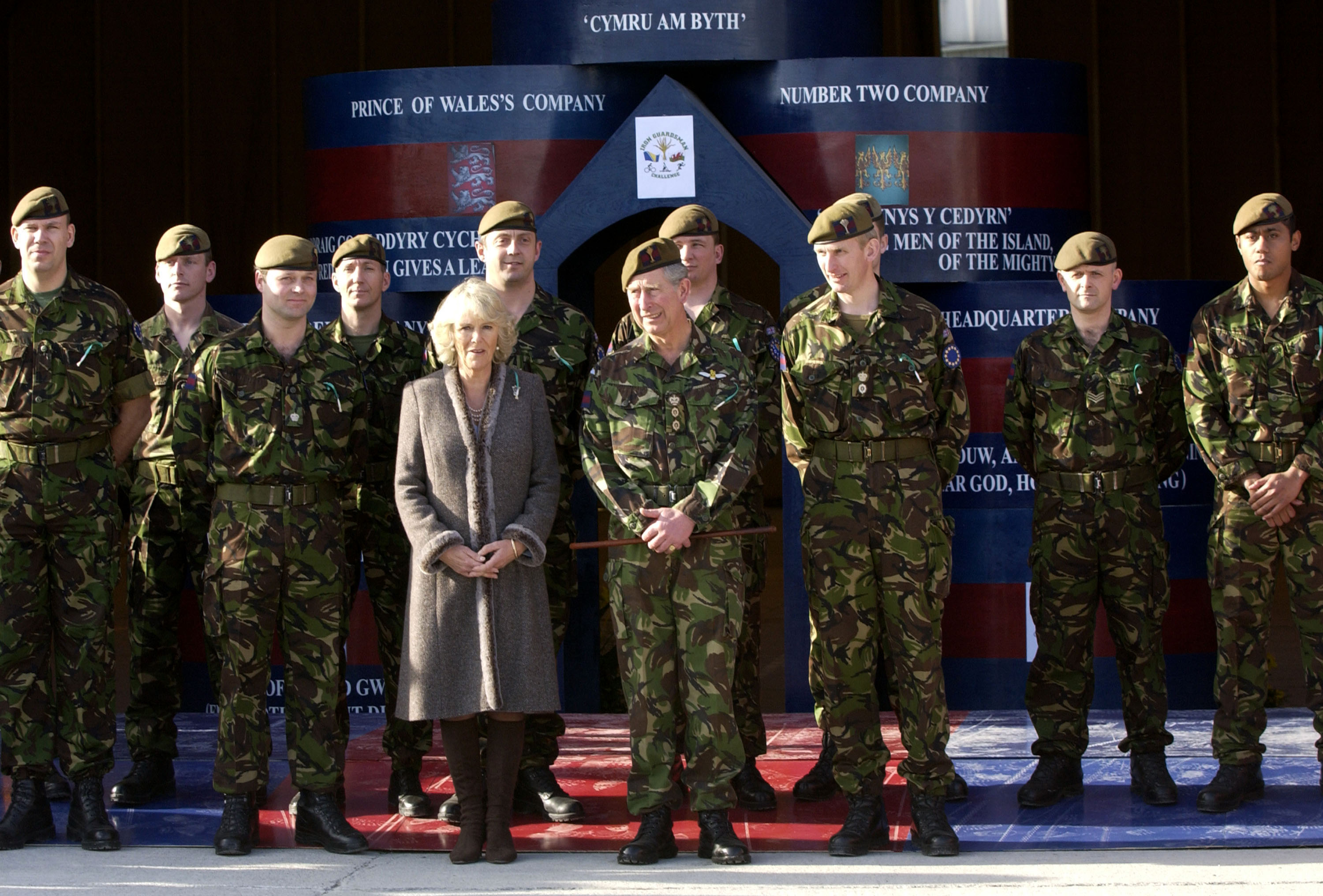
News of the King bestowing the title of Colonel-in-Chief of the Army Air Corps to Prince William comes amid the Duke of Sussex’s recent trip to the U.K., which has raised eyebrows in public spheres. Speculation has been swirling based on the fact that it is widely known that Prince Harry and his father’s relationship has been tense in recent years.
“This is one of the most public rifts in the world. If it was handled in private without so much press speculation, it would have a better chance of being resolved,” asserted royal expert Richard Fitzwilliams while speaking about Prince Harry and King Charles III.
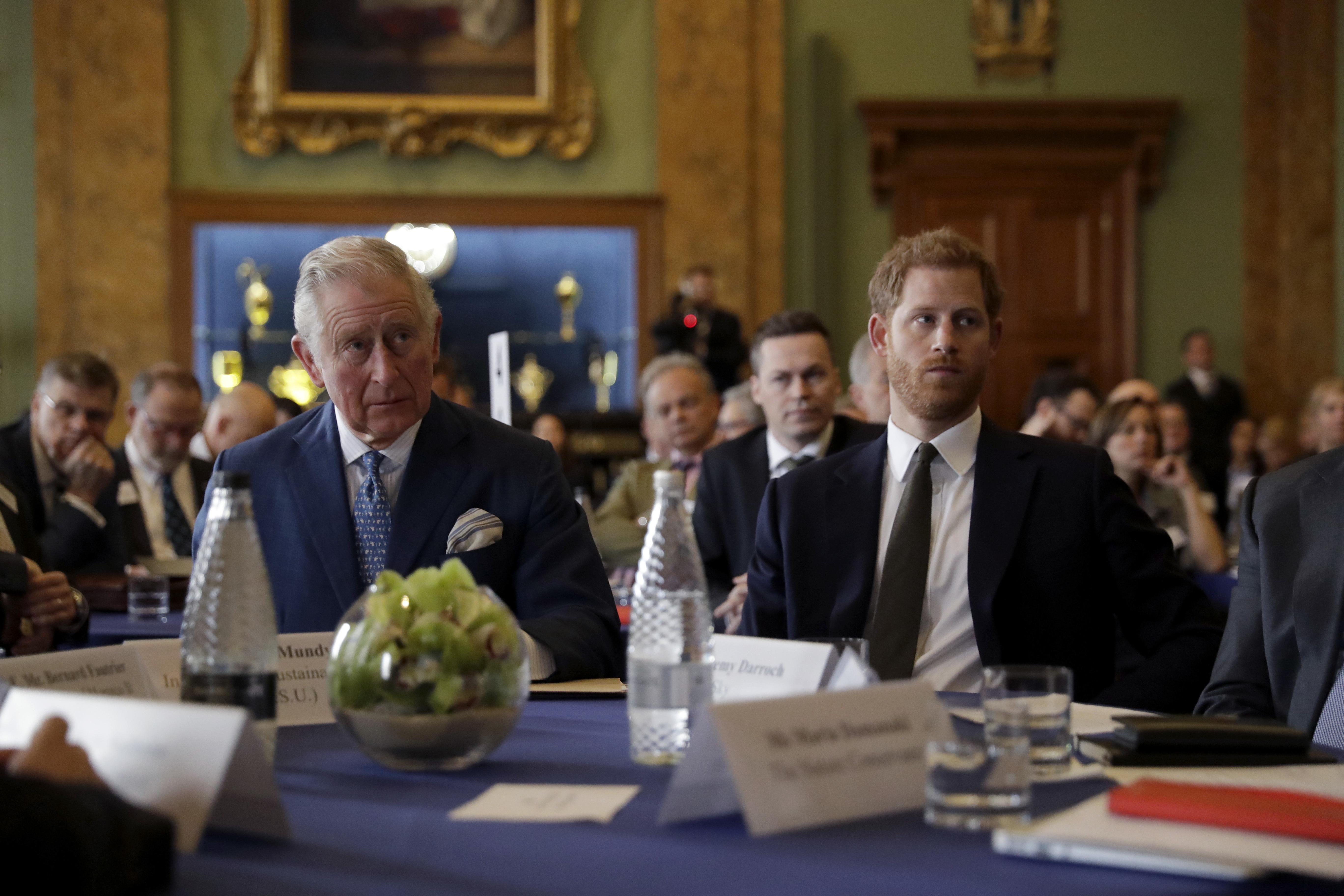
The rift between the father and son runs so deep that even though Prince Harry is currently back in the U.K., a meeting between him and the King of England will not take place. This has sparked heated responses from the public.
“In response to the many inquiries and continued speculation on whether or not The Duke will meet with his father while in the U.K. this week, it unfortunately will not be possible due to His Majesty’s full program,” announced a spokesperson for Prince Harry.
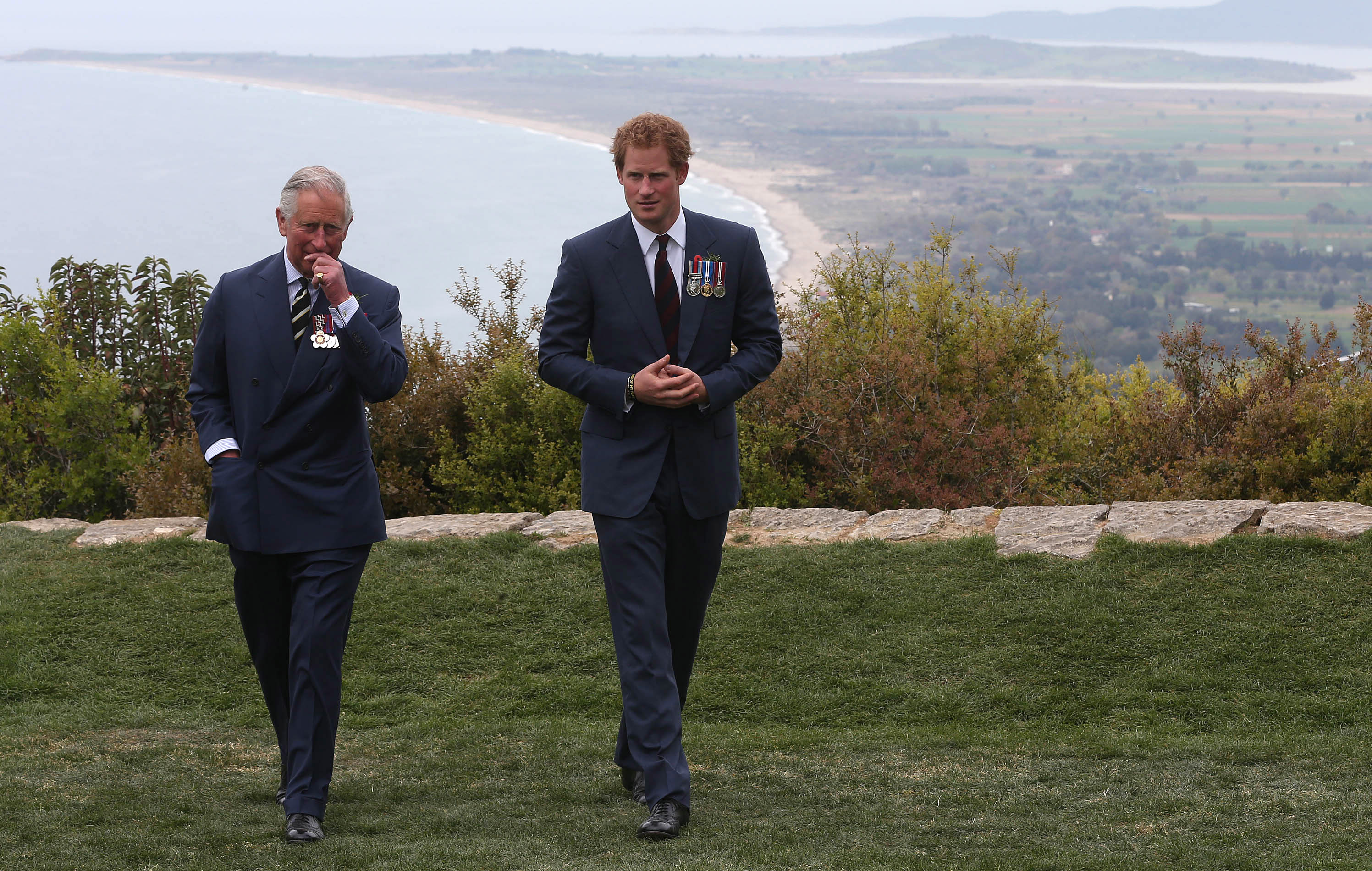
The statement went on to explain, “The Duke of course is understanding of his father’s diary of commitments and various other priorities and hopes to see him soon.” According to a media outlet, King Charles III has a busy schedule because he recently returned to his public royal duties.
Since working behind the scenes amid his cancer diagnosis and treatment, King Charles III held an audience at Buckingham Palace yesterday, where the Prime Minister of Fiji, Sitiveni Rabuka, was welcomed. Further occupying the King’s time is the premiere garden party of the season, which is set to take place at Buckingham Palace today (May 8).
Like his father, Prince Harry is also booked and busy. His time in the UK has been spent on the Invictus Games’ anniversary which kicked off with a panel yesterday. Today, St. Paul’s Cathedral will host a service where Prince Harry is expected to give a reading.
The public has reacted with shock and outrage to the news that Prince Harry and King Charles III will not see each other during this time, with many people expressing disappointment in the King. “That’s absolutely unforgivable, that a Dad can’t prioritize his son. King or not!!!” chastised a social media user.
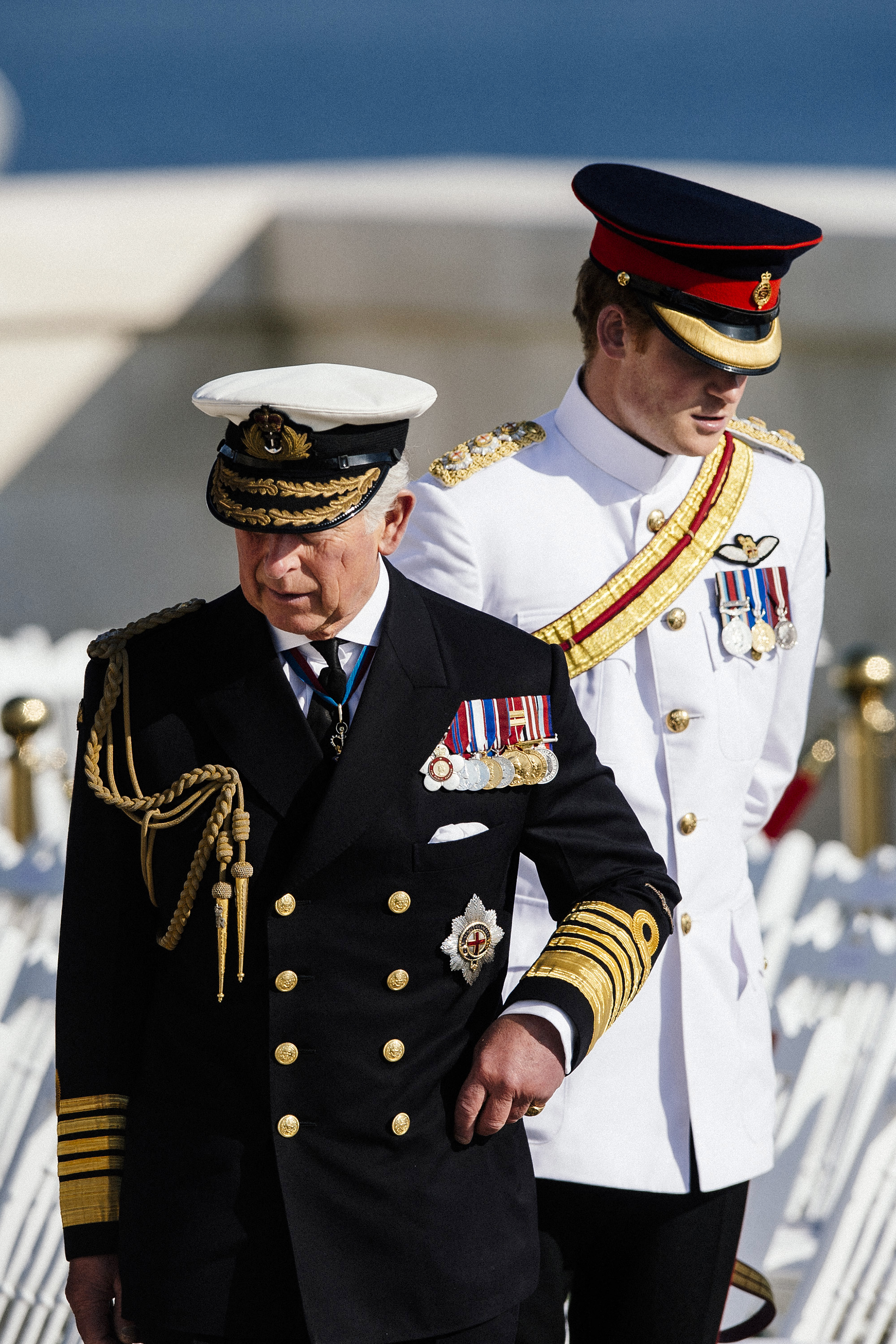
Similarly, someone else expressed, “Harry deserves better. Shame on #KingCharles. He treated #PrincessDiana terrible as well. #TheWholeWorldIsWatching.” “Shameful… but Prince Harry can sleep well at night. He has reached out numerous times,” commented another.
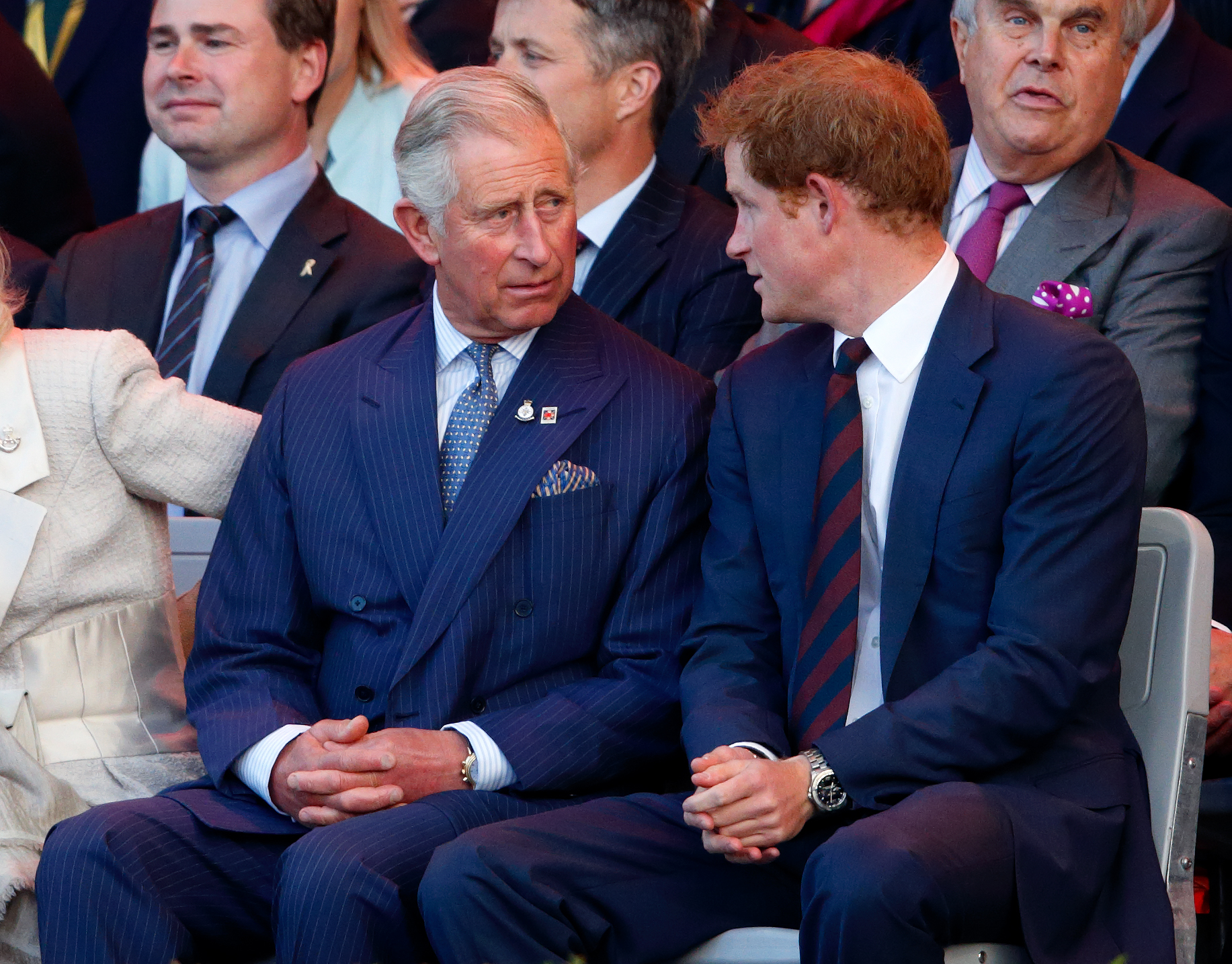
Continuing to highlight the tumultuous nature of the late Princess Diana’s relationship with King Charles III, another user noted, “Charles is who Diana said he was 🙃.” Another King Charles III critic called him “petty.”
A Facebooker wrote, “As a parent I can’t imagine not being able to pencil my child into my schedule.” “I can’t imagine anything more important than getting to spend some time with a child that you really don’t see very often,” added another.
Someone else who felt particularly strongly about the matter stated, “Sadly, his father chooses his position over his family. His father has made it very clear where his love is. If he really wanted to see his son he would and could. This whole situation clearly shows that it is all about him and his ‘control over others.’”
Although King Charles III may not currently have the best relationship with his youngest son, with the recent news of Prince William receiving a new title from him, it would appear as though he remains in good standing with his eldest.
Furthermore, he also reportedly shares a great relationship with his daughter-in-law Princess Catherine. Like Prince William, the King had also conferred a new title on the Princess, which we previously reported on April 24, 2024.
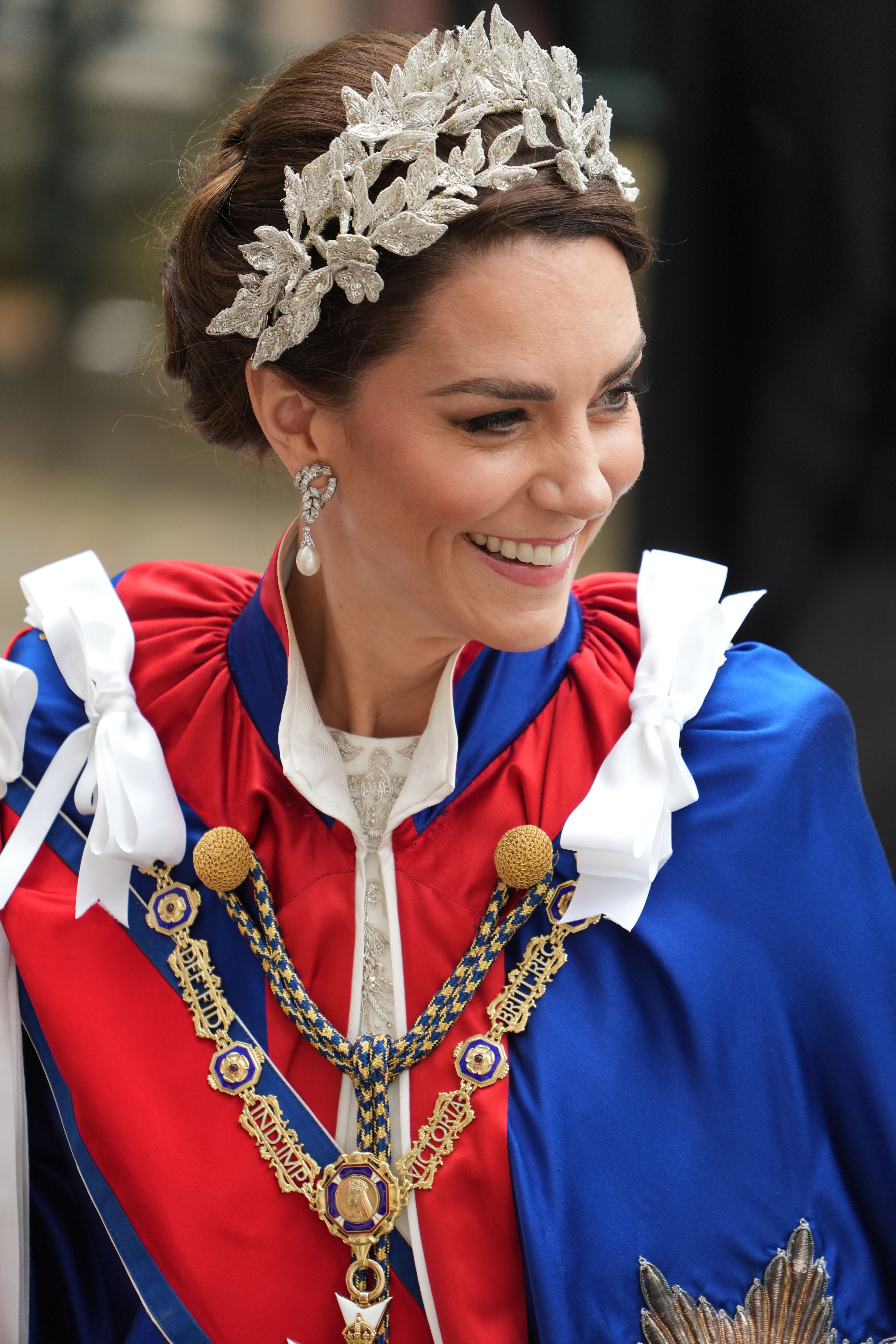
On April 23, King Charles III announced that the Princess of Wales would become the Royal Companion of the Order of the Companions of Honour. This was the first appointment for any royal. This prestigious appointment places her among an elite group recognized for their significant contributions across various fields, including the arts, sciences, and public service.
The Order of the Companions of Honour was established by King George V in 1917. It is an exclusive society limited to 65 members at any given time. However, additional honorary members from outside the Commonwealth are allowed. Notable figures among its ranks include Sir Elton John, Sir David Attenborough, Anna Wintour, Dame Maggie Smith, and Dame Judi Dench.
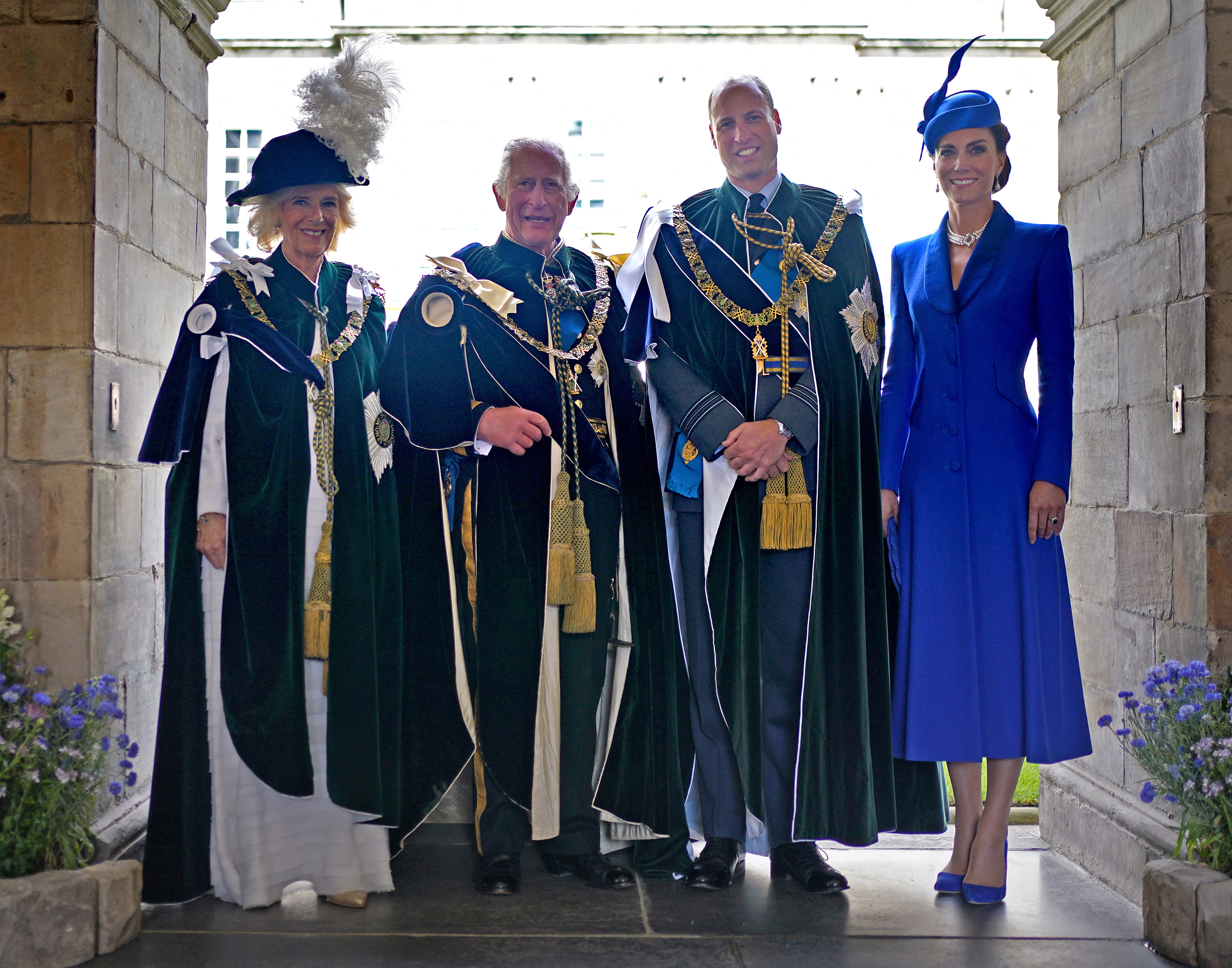
The announcement of Princess Catherine’s new role raised eyebrows. It prompted a flurry of online comments expressing confusion and concern. Thoughts from the online community ranged from skeptical to supportive.
“Definitely a distraction as to what is really happening but okay,” one comment read, hinting at underlying royal dynamics. “But where is she?” asked another, highlighting the Princess’s noticeable absence from public engagements. “A Royal Companion never heard of that role,” a person noted.
“She still hasn’t been seen in public since Dec 25th, and no one seems concerned with this at all?” another person expressed. “I hope she is getting better,” a Facebook user shared. “Ermm what kind of title is that?” questioned another, puzzled over the significance of the new title.
It’s clear that while the honor is significant, it also casts a spotlight on Princess Catherine’s recent low profile. This has stirred public curiosity and concern about her well-being and the circumstances surrounding her new royal duties.
Вrаin Теаsing Riddlеs: А Fun Сhаllеngе fоr thе Wisе
Riddles have been captivating minds for centuries, offering a thrilling test of wit, creativity, and problem-solving abilities. While some riddles may be simple to crack, others are known for their mind-bending complexity, demanding a deeper level of thinking and a sharp eye for detail.
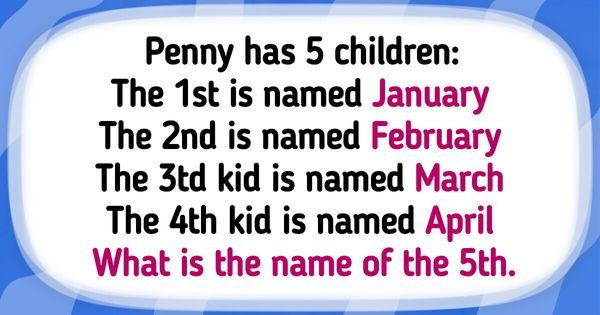
So, why not put your mental prowess to the test? Dive into the intriguing realm of enigmatic puzzles, and embark on a journey that will tease your brain for hours on end. Remember, the satisfaction of finally unraveling a challenging riddle is truly priceless.
Ready to embrace the challenge? Let’s explore twelve brain-teasing riddles that will surely keep you engaged and entertained. Get ready to scratch that head of yours!
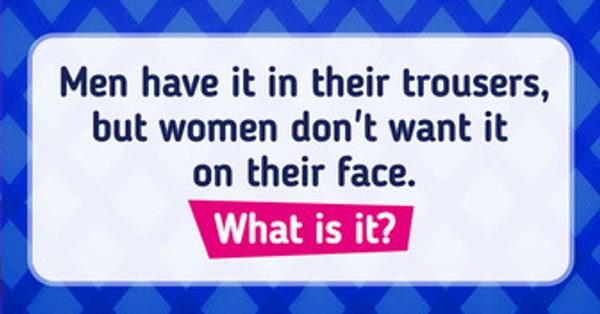
1.
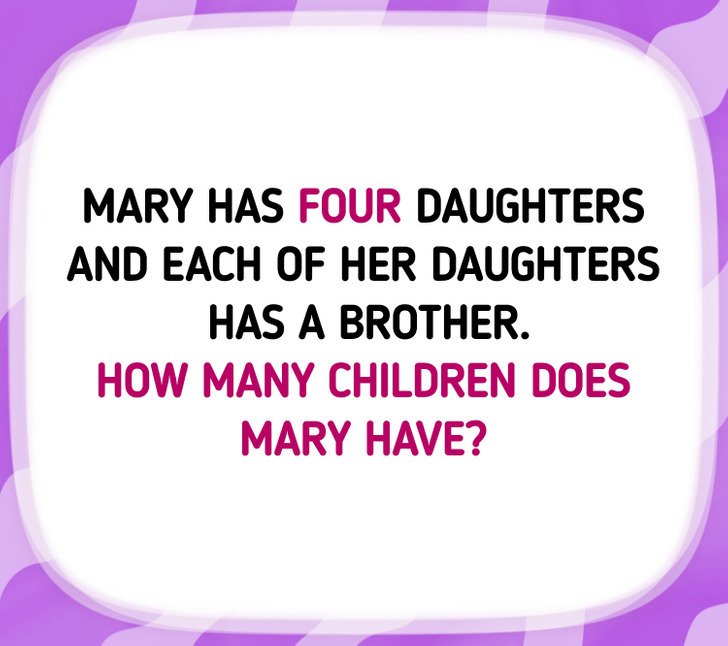
See the answer
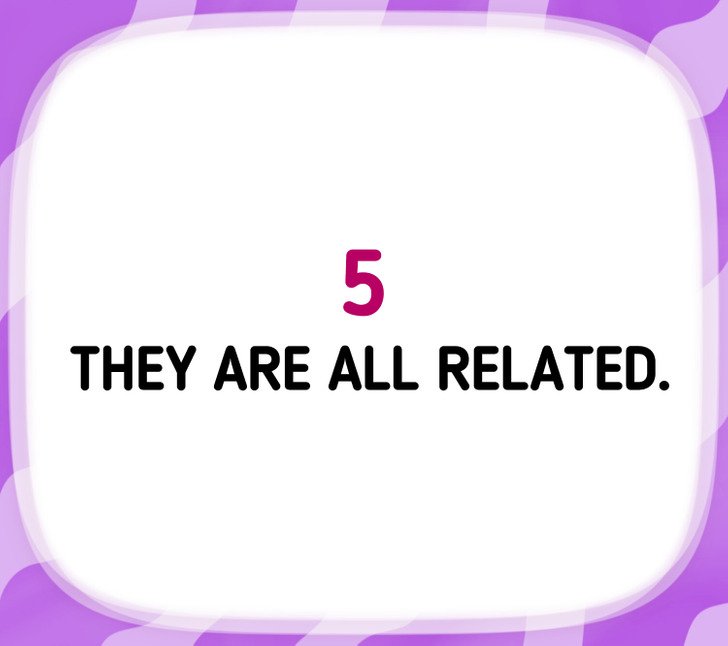
2.

See the answer
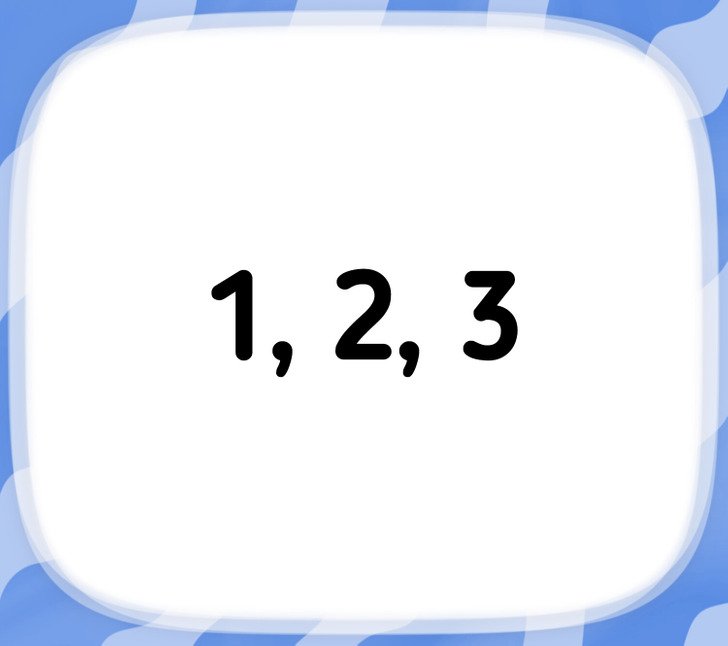
3.
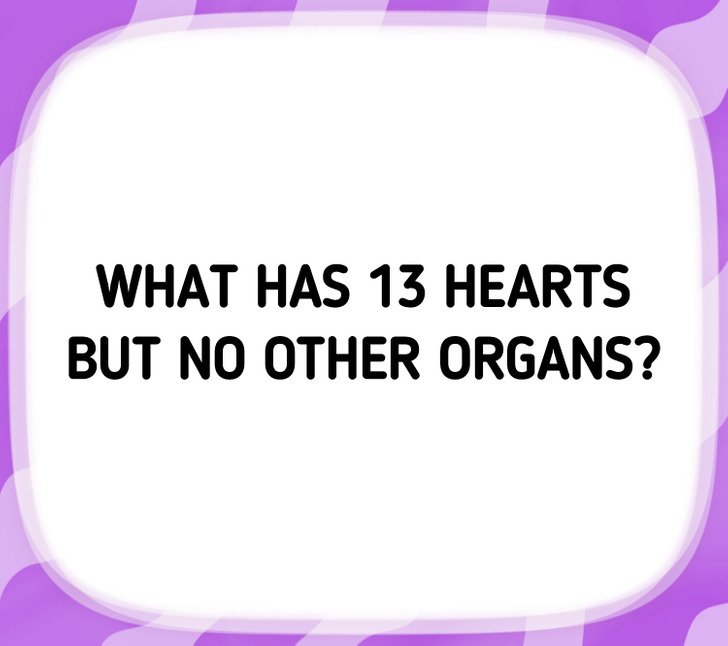
See the answer
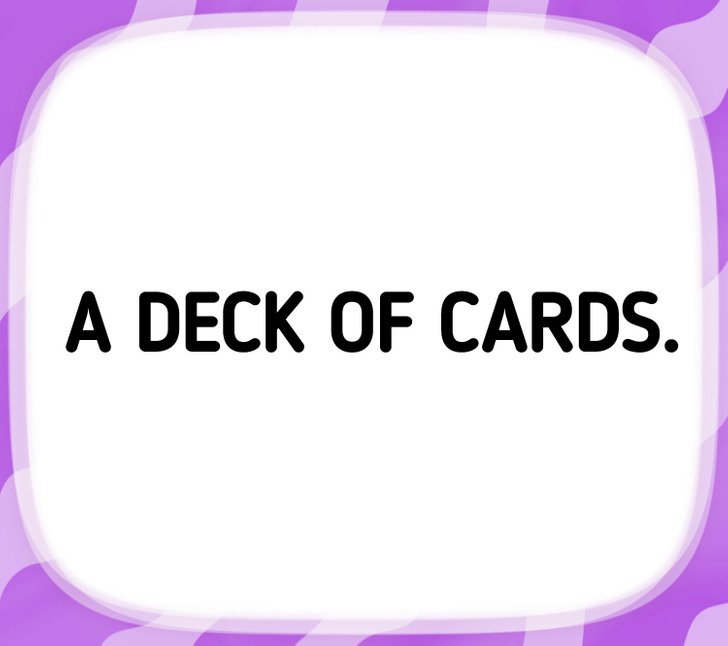
4.
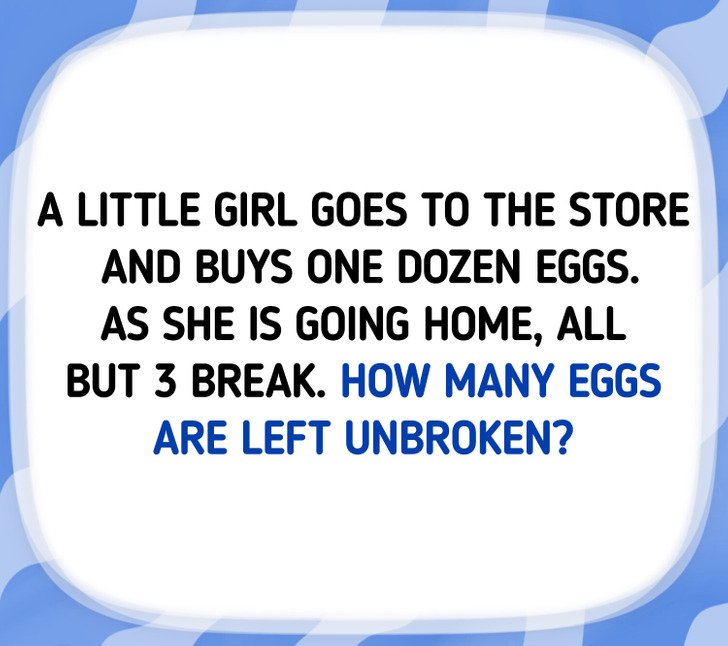
See the answer
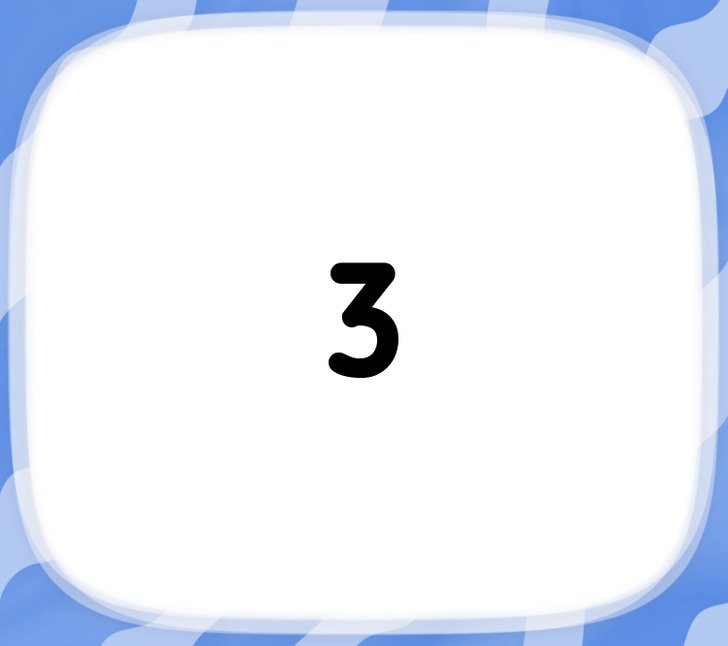
5.
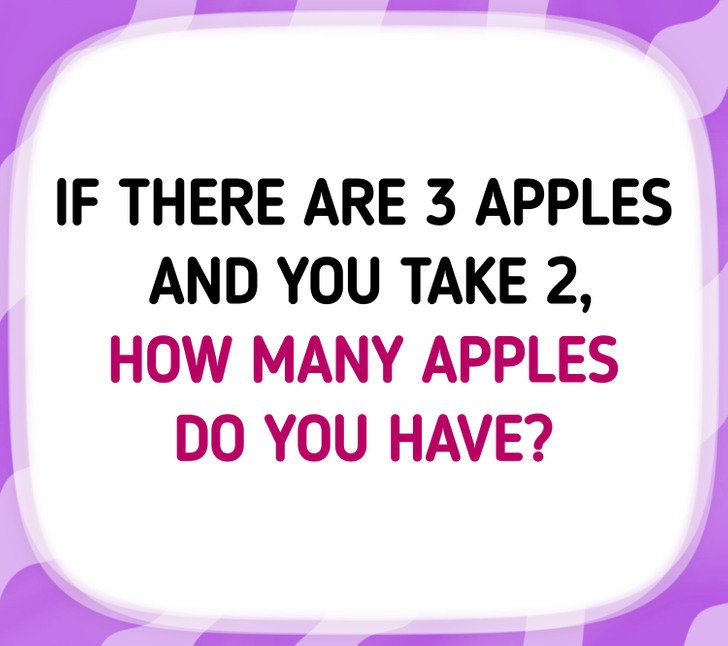
See the answer
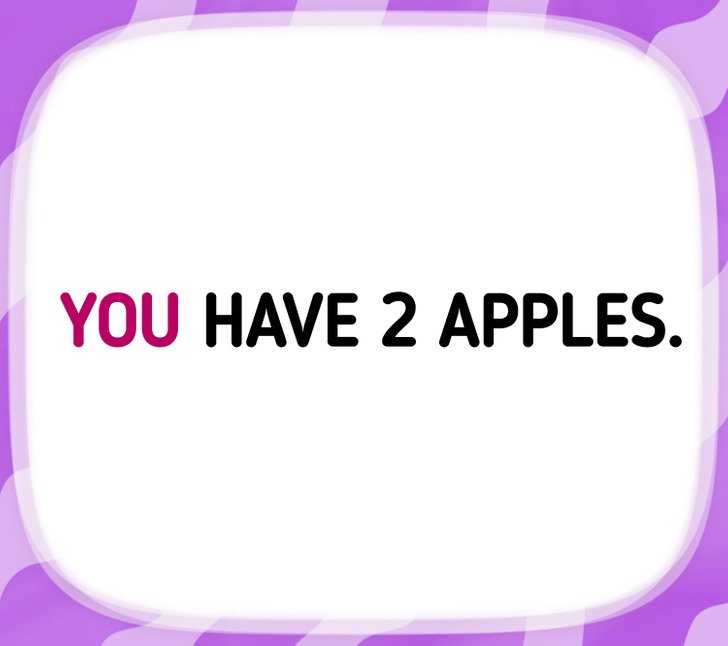
6.
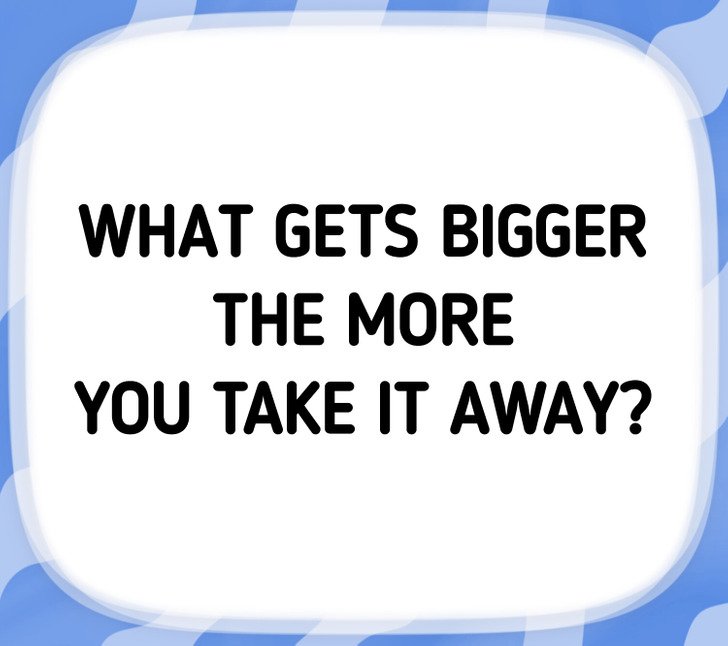
See the answer
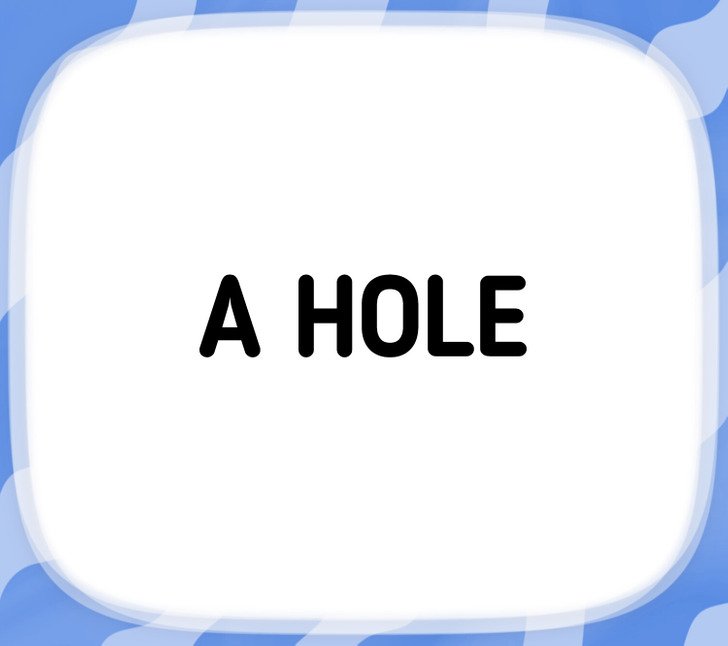
7.
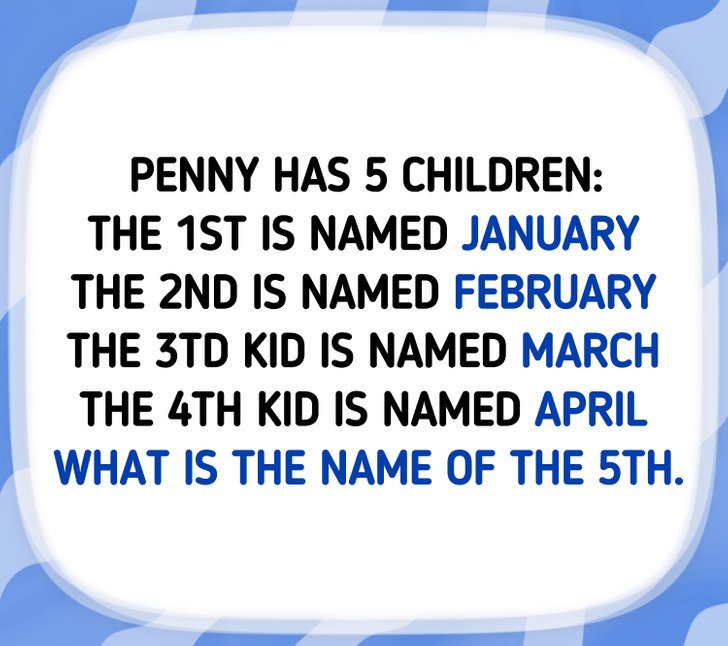
See the answer
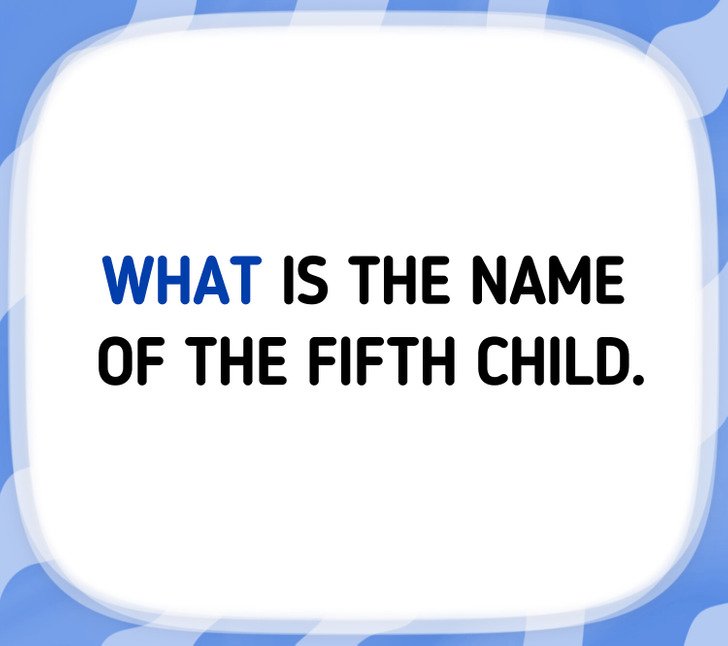
8.
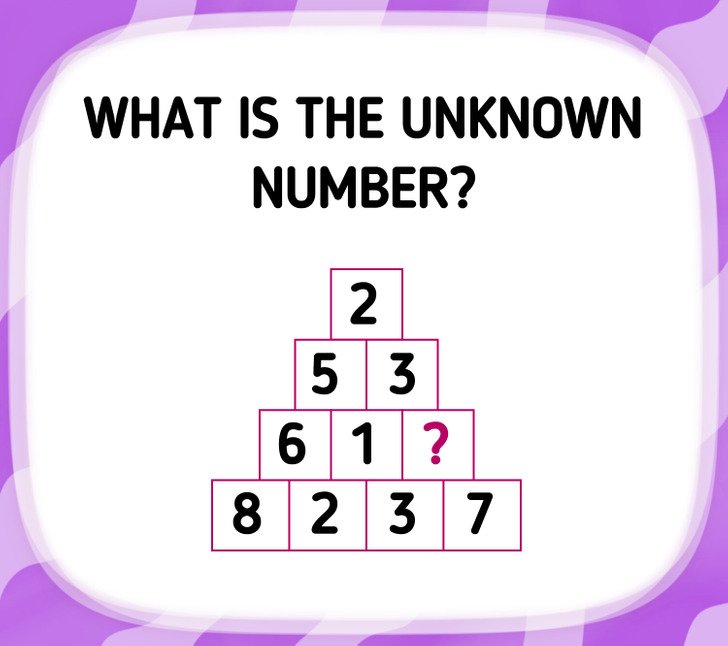
See the answer

9.
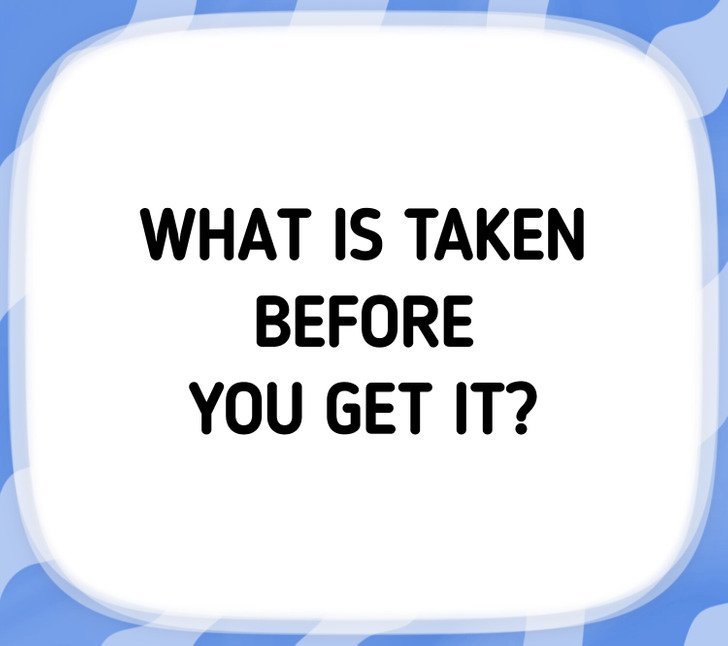
See the answer
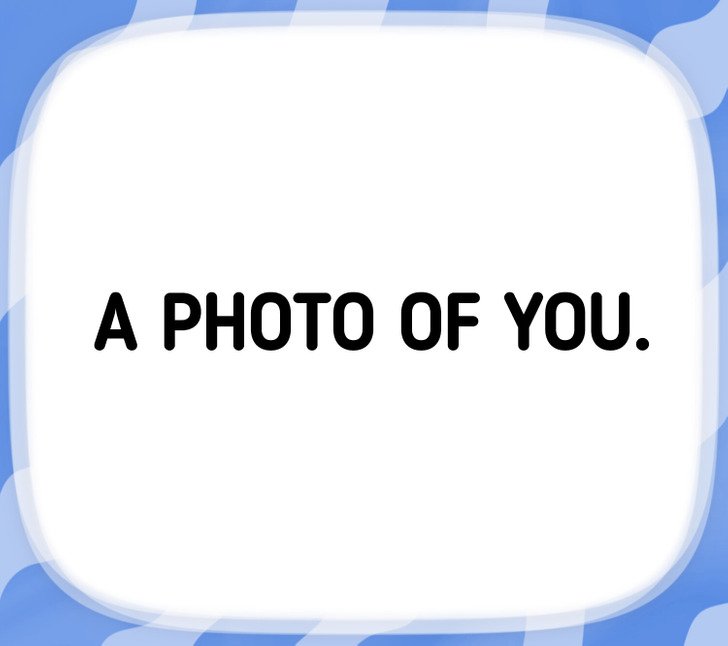
10.

Conclusion
Riddles have long been a source of entertainment and mental stimulation, challenging our intellect in unique ways. These brain-teasing puzzles offer an opportunity to exercise our cognitive abilities and ignite a sense of wonder and curiosity.
So, dive into the world of riddles, embark on the delightful journey of teasing your brain, and uncover the mysteries that lie within these captivating enigmas. Enjoy the thrill of solving tough riddles, and embrace the satisfaction that comes with each victorious answer.

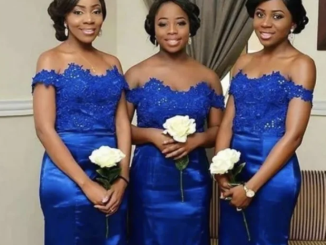
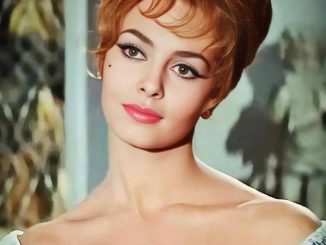
Leave a Reply